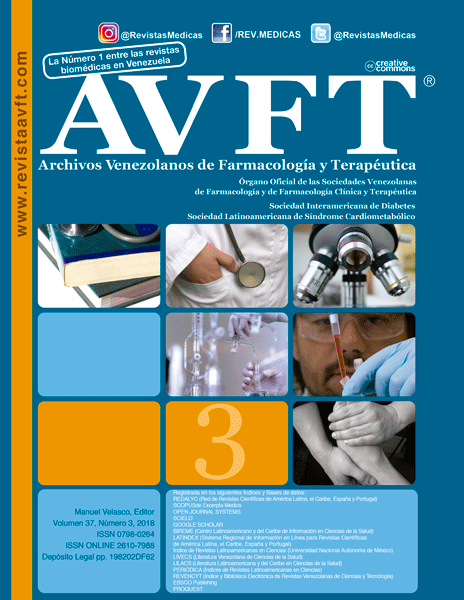Neurofeedback effects on cognitive performance in children with attention deficit
Palabras clave:
Attention deficit, Neurofeedback, Neurotechnology intervention, Child Neuropsychology.Resumen
The objective of this research was to analyze the effects ofan intervention program through neurofeedback, on the cognitiveperformance in children with inattention indicators. Aquasi-experimental pretest-posttest study was used under apositivist epistemology, with a comparative analysis for eachevaluated cognitive process. A sample of 29 cases was intentionallyselected from a group of children and young adolescentswith low performance indicators from a TherapeuticCenter from Cucuta-Colombia. The neurofeedback programwas developed in 20 sessions with the purpose of increaselow-beta waves (12-16 Hz) and inhibition theta waves (4-7Hz). A comparative statistically analysis with five months ofdifference was carried out using Wilcoxon test, finding significantdifferences between the pretest and the posttest inneuropsychological tests of auditory-visual attention, encodingmemory and planning. The results are discussed with empiricalbackgrounds that have shown positive effects in thistype of interventions.Descargas
Los datos de descargas todavía no están disponibles.
Descargas
Cómo citar
Riaño-Garzón, M. E., Díaz-Camargo, E. A., Torrado-Rodríguez, J. L., Uribe-Alvarado, J. I., Contreras-Velásquez, J. C., Fierro-Zarate, C. A., Salazar, J., & Bermúdez, V. (2018). Neurofeedback effects on cognitive performance in children with attention deficit. AVFT – Archivos Venezolanos De Farmacología Y Terapéutica, 37(3). Recuperado a partir de http://saber.ucv.ve/ojs/index.php/rev_aavft/article/view/15627
Número
Sección
Artículos




